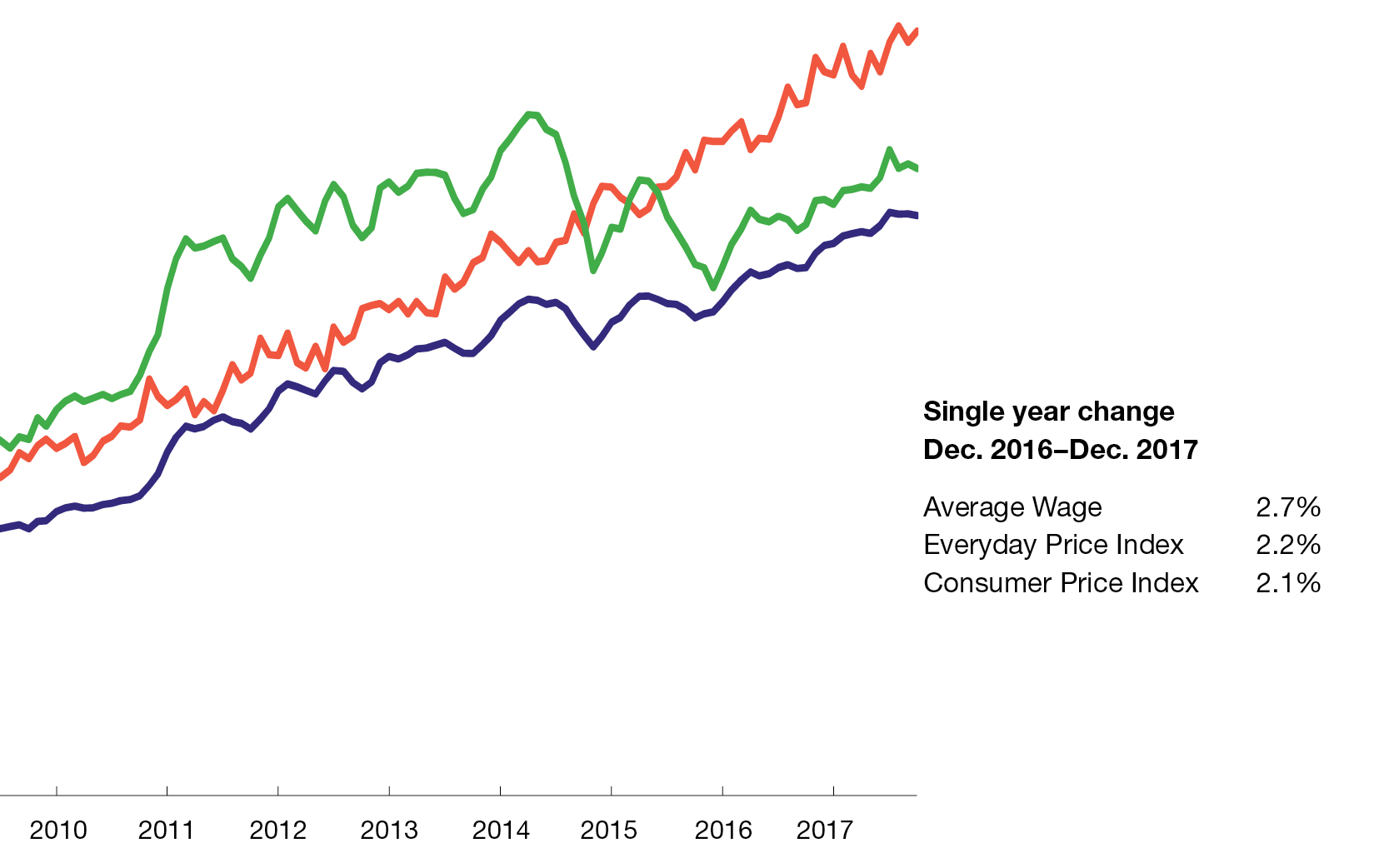Why Obama’s Overtime Rule Will Backfire
Yet many policymakers and worker advocates have not learned. For example, they persist in pushing the minimum wage despite voluminous theoretical evidence and empirical illustrations that it harms the most vulnerable workers, the low-skilled and those looking for their first jobs.
Former President Barack Obama gave us a related example in the final year of his term: the overtime rule. We can have no better example of how something that sounds good can have the opposite effect.
President Trump has vowed to eliminate destructive regulations. Here’s hoping this one is on the list.
In May 2016 Obama decreed that employers must pay time-and-a-half for hours exceeding 40 hours in a week to salaried white-collar employees who earn up to $47,476 a year. That’s double the current $23,660 limit. He said the new rule would benefit more than 4 million workers and would “help grow middle-class wages.” The group of presumed beneficiaries are concentrated in the South, among younger people, and among women, according to Business Insider.
The first thing to observe about the rule is that it was an executive decree, not an act of Congress. Obama simply ordered the Labor Department carry out his wishes. For this reason, 21 states got together and sued the government, and in December a U.S. district judge in Texas (appointed by Obama) issued an injunction to prevent its taking effect. The Obama administration formally said it would appeal, but time ran out before doing so. Now it’s up to the Trump administration, which has a few ways to assure that the rule never takes effect.
More important than the legal aspects, however, is that the decree, however well-meaning, is a bad idea. It would harm the people it was intended to help.
Politics poisons debate. Someone who objects to the overtime rule will likely be accused of opposing higher incomes for younger salaried workers. It never occurs to the accusers that some ways of raising incomes may fail, while others have a better chance to succeed. In general, the government cannot directly raise workers’ incomes, and attempts to do so will backfire. On the other hand, indirect ways—such as removing anti-competitive business regulations, taxes, and subsidies—can work. We’ve got to get over this impulse to have the government do something whenever anyone sees a problem and start demanding that it undo the things that created or aggravated the problem.
As to the overtime rule, if the government mandates that employers pay their workers more, we can expect that any increase soon to be offset by reductions. Harvard economist Jeffrey Miron explains:
“In the short run, many employers will indeed pay higher total compensation to affected employees, given limited options for offsetting the mandated increase in wage costs. This is the outcome sought by regulation advocates.
“In the medium term, however, employers will offset these costs by re-arranging work schedules so that fewer employees hit 40 hours, by laying off employees who work more than 40 hours, or by pushing such employees to work overtime hours off the books.
“In the longer term, employers will reduce base-level wages so that, even with overtime, total compensation for employees working more than 40 hours is no different than before.”
If a balloon is squeezed on one end, it will bulge on the other. There’s no getting around this. That’s what it means to say that market forces are inexorable.
Advocates of the rule will chalk this up to employer greed, but that explains nothing. After all, the greediest employer couldn’t get away with paying his salaried employees a few bucks an hour because competitors would lure away them with better offers. This competitive process will push incomes up to a level roughly associated with employees’ value contribution to their company’s balance sheets. For obvious reasons, employers cannot long pay employees more than they contribute — that’s recipe for bankruptcy, which certainly isn’t good for the employees. But only the competitive market process can reveal the contribution made my employees. Ultimately, sovereign consumers determine the value of products and hence workers’ contributions.
As suggested above, government at all levels can help workers to earn higher incomes only by removing impediments to the competitive process. This is a big job, but it needs to start somewhere. Taxes, regulations, subsidies, occupational licensing, wage rules, patents, trade restrictions, obstacles to self-employment, and much more are barriers to market entry, which protect entrenched firms from income-boosting competition. Thus those interventions harm workers.
There’s much sludge to be removed from the channels of competition. Killing the overtime rule would be a good start.






